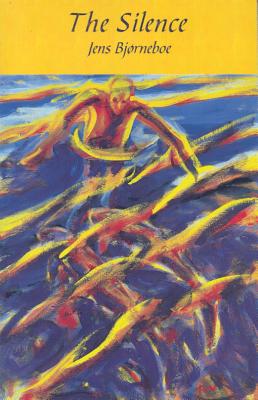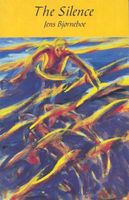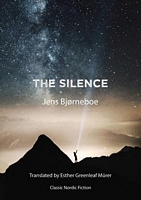- Series
- | Authors
- | Book Release Calendar
- | Search |
- Genres
- | Newsletter
- Welcome to FictionDB, Guest
- | My Account
- | Help

The Silence — Jens Bjorneboe

-
Published:
Aug-2000 -
Formats:
Print -
Main Genre:
General Fiction -
Pages:
208 -
Purchase:
-
Share:
As with the first two books of this trilogy, The Silence also rejects the traditional modes of fiction to posit instead an essay-like novel of ideas, philosophy, and argumentation. Here the inquiring narrator explores not just European history, as he did in the first two novels, but the crimes committed by Europeans against the rest of humanity in the name of expansion and conquest. Set in northern Africa, the narrator is looking at Europe from the outside. With his friend Ali, an African revolutionary intellectual, he discusses in epic fashion the history of colonialism. He engages in imaginary conversations with Columbus, Robespierre, God, and Satan. He becomes totally immersed in what he perceives as the world's wickedness. Despite its presentation of horrors and man's inhumanity to man, and its grim portrayal of the narrator's long plunge into the tunnel of depression, The Silence does not depress. It praises man's immeasurable capacity for good. "A riveting work of experimental fiction." Library Journal
Genres
Sub-Genres
Click on any of the links above to see more books like this one.

